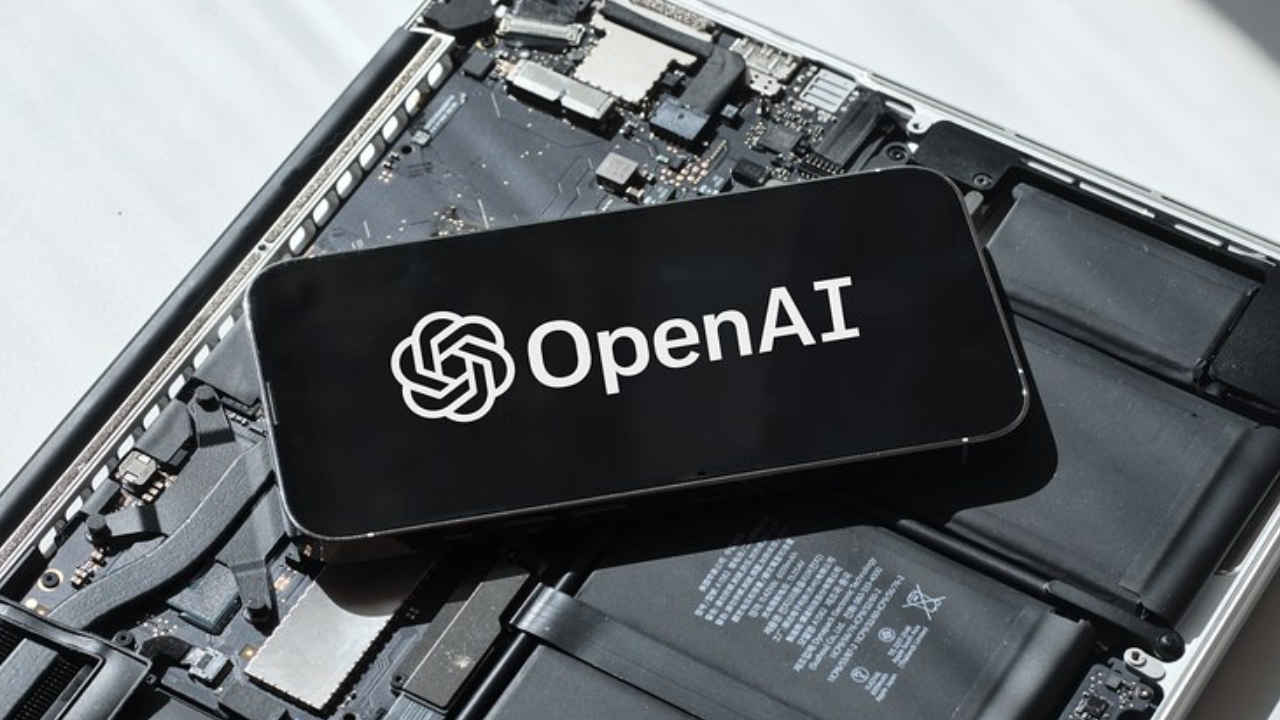

OpenAI
In a world where artificial intelligence is rapidly reshaping our digital landscape, questions about legality and ethics are more concerning than ever. A former artificial intelligence researcher at OpenAI, recently raised serious concerns about the company’s practices, particularly regarding its use of copyrighted material to train its technologies.
Suchir Balaji spent nearly four years at OpenAI, where he played a role in gathering and organising vast amounts of internet data for projects like ChatGPT. Initially, he believed the company was free to use any online data, copyrighted or not. However, after the release of ChatGPT in late 2022, he began questioning this assumption. He concluded that OpenAI’s reliance on copyrighted data was legally questionable and potentially harmful to the internet as a whole.
Also read: OpenAI’s ChatGPT running old GPT-3 model consumes 4 times more water than assumed
In August, Balaji made the bold decision to leave OpenAI. “If you believe what I believe, you have to just leave the company,” he told The New York Times.
He is one of the first employees from a major AI firm to speak out against the practices surrounding copyrighted data use. His concerns are echoed by various individuals and organisations that have filed lawsuits against AI companies for allegedly using copyrighted materials without permission. For instance, The New York Times has sued OpenAI, claiming the company used its articles to create competitive chatbots.
Balaji believes that AI technologies like ChatGPT threaten the livelihoods of creators whose work is used for training. “This is not a sustainable model for the internet ecosystem as a whole,” he said.
Also read: Here is why Sam Altman called OpenAI’s o1 model deeply flawed
OpenAI disagrees with Balaji, stating, “We build our A.I. models using publicly available data, in a manner protected by fair use and related principles, and supported by longstanding and widely accepted legal precedents. We view this principle as fair to creators, necessary for innovators, and critical for US competitiveness.”
As the debate continues, one thing is clear: the intersection of AI and copyright law is a complex landscape that demands careful consideration.